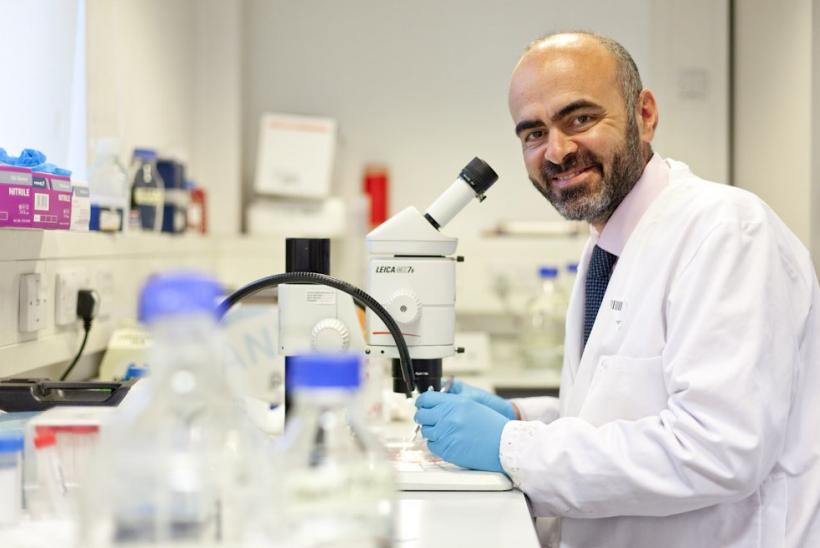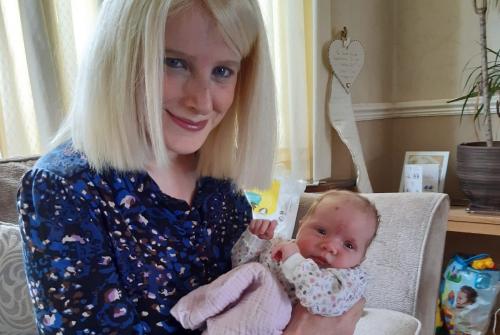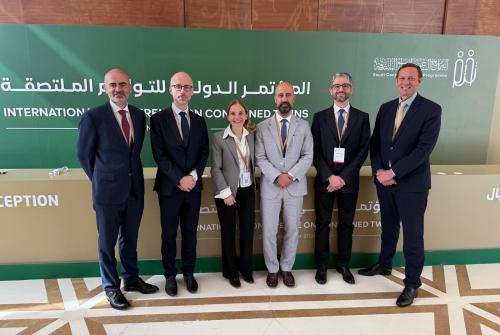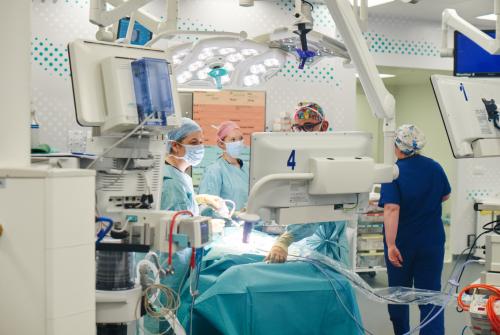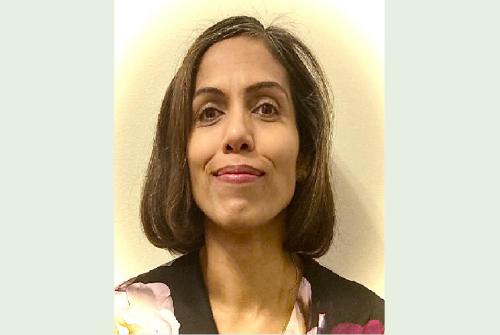Prof Paolo De Coppi
Overview
Paolo De Coppi is the Nuffield Chair of Pediatric Surgery, the NIHR Professor of Pediatric Surgery and Consultant Pediatric Surgeon at the Great Ormond Street Hospital. He is Head of the Surgery Unit, Stem Cells & Regenerative Medicine Section, Developmental Biology& Cancer Programme at the UCL Great Ormond Institute of Child Health. Additionally He is Adjunct Assistant Professor (Hon.), Wake Forest Institute for Regenerative Medicine, Wiston-Salem, NC, US (since 2009), Honorary Professor Obstetric and Gynecology, UZ Leuven, Belgium (since 2018), Honorary Professor Pediatric Surgery, Bambino Gesu’ Children Hospital and University of Tor Vergata, Rome Italy (since 2022) and the Past President of the European Pediatric Surgical Association (EUPSA). In 2020, he has become the first Pediatric Surgeon to be elected Fellow of the Academy of Medical Sciences. In 2024, Professor Paolo De Coppi has been added to TIME's inaugural TIME100 Health List of the 100 most influential people in global health. In 2026 he received the Honorary Fellowship from the American College of Surgeon.
Credentials
- Neonatal and paediatric surgery
- Keyhole surgery
- Oesophageal atresia
- Diaphragmatic hernia, inguinal and umbilical hernia
- Gastroesophageal reflux
- Gastrostomy and fundoplication
- Appendicectomy
- Constipation
- Anorectal malformation
- Undescended testes
- Tissue engineering and major reconstructions
- Neonatal and paediatric general surgery
- Prenatal diagnosis and counselling
- Keyhole surgery
Training:
- MD from the University of Padua, Italy
- MR from the University of Padua, Italy
- PhD from the University of Padua, Italy
- Since 2013: Honorary Associate Professor, Division Woman and Child, University Hospitals KU Leuven, Leuven, Belgium
- Since 2009: Adjunct Assistant Professor (Hon.), Wake Forest Institute for Regenerative Medicine, NC, US
- Since 2006: Honorary Consultant Paediatric Surgery at Great Ormond Street Hospital, London, UK
- Since 2005: Honorary Assistant Professor Paediatric Surgery, University of Padua, Italy
- NIHR Professor of Paediatric Surgery and Consultant Paediatric Surgeon at the Great Ormond Street Hospital for Children
- Head of Stem Cells & Regenerative Medicine Section, Developmental Biology & Cancer Programme at the UCL Institute of Child Health, London, UK
Membership:
- Member of British Association of Paediatric Surgeons and the European Paediatric Surgeons Association
Professor de Coppi has a special interest in congenital malformation and their treatment using minimally invasive techniques. He has focused his research interests on stem cells and tissue engineering, trying to find new modalities for the treatment of complex congenital anomalies. While working at the Childrens’ Hospital in Boston-US, he had the opportunity of identifying a new source of cells for therapeutic applications showing the possibility of using stem cells from amniotic fluid. This finding generated an international patent and garnered the cover story of Nature Biotechnology January 2007. He has received funding for exploring the possibility of using these cells for the treatment of congenital malformations. He has more recently focused on developing reliable methods for stem cell isolation, expansion and differentiation at a clinical level (GMP-grade). Finally, in 2010 he was part of the team that performed the first successful transplantation of a tissue-engineered trachea on a child at the Great Ormond Street Hospital.
Media
News & Publications
Di Trapani, M., Bassi, G., Fontana, E., Giacomello, L., Pozzobon, M., Guillot, P. V., . . . Krampera, M. 2015. Immune regulatory properties of CD117(pos) amniotic fluid stem cells vary according to gestational age. Stem Cells Dev. 24 (1) pp 132-143.
Shaw, S. W., Blundell, M. P., Pipino, C., Shangaris, P., Maghsoudlou, P., Ramachandra, D. L., . . . de Coppi, P. 2015. Sheep CD34+ amniotic fluid cells have hematopoietic potential and engraft after autologous in utero transplantation. Stem Cells. 33 (1) pp. 122-132.
Fishman, J. M., Wiles, K., Lowdell, M. W., De Coppi, P., Elliott, M. J., Atala, A., & Birchall, M. A. 2014. Airway tissue engineering: an update. Expert Opin Biol Ther. 14 (10) pp. 1477-1491.
Zani, A., Cananzi, M., Fascetti-Leon, F., Lauriti, G., Smith, V. V., Bollini, S., . . . De Coppi, P. 2014. Amniotic fluid stem cells improve survival and enhance repair of damaged intestine in necrotising enterocolitis via a COX-2 dependent mechanism. Gut. 63 (2) pp. 300-309.
Morigi, M., & De Coppi, P. 2014. Cell therapy for kidney injury: different options and mechanisms--mesenchymal and amniotic fluid stem cells. Nephron Exp Nephrol. 126 (2) pp. 59-?.
Shangaris, P., Loukogeorgakis, S. P., Blundell, M. P., Petra, E., Ramachandra, D., Maghsoudlou, P., . . . David, A. L. 2014. Congenic Amniotic Fluid Stem Cells Show Stable Long-Term Engraftment in the Haematopoietic System after In Utero Transplantation. REPRODUCTIVE SCIENCES. 21 (3), p.83A.
Archacka, K., Pozzobon, M., Repele, A., De Coppi, P., Campanella, M., & Rossi, C. A. 2014. Culturing muscle fibres in hanging drop: A novel approach to solve an old problem. Biology of the Cell. 106 (2) pp. 72-82.
Archacka, K., Pozzobon, M., Repele, A., Rossi, C. A., Campanella, M., & De Coppi, P. 2014. Culturing muscle fibres in hanging drop: a novel approach to solve an old problem. Biol Cell. 106 (2) pp. 72-82.
Arnaud, A. P., Rex, D., Elliott, M. J., Curry, J., Kiely, E., Pierro, A., . . . De Coppi, P. 2014. Early Experience of Thoracoscopic Aortopexy for Severe Tracheomalacia in Infants After Esophageal Atresia and Tracheo-esophageal Fistula Repair. JOURNAL OF LAPAROENDOSCOPIC & ADVANCED SURGICAL TECHNIQUES. 24 (7) pp. 508-512.
De Coppi, P. 2014. Engineering tissue for the fetus: Stem cells and matrix signalling. Biochemical Society Transactions. 42 (3) pp. 631-635.
Refer your child to Prof Paolo De Coppi
Use the form below to refer your child for treatment. A member of our team will be in touch within 2 working days.
Mandatory fields
